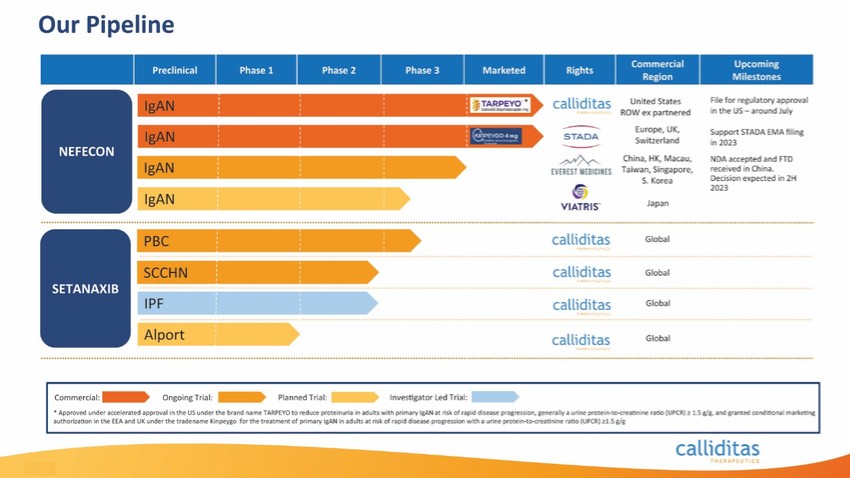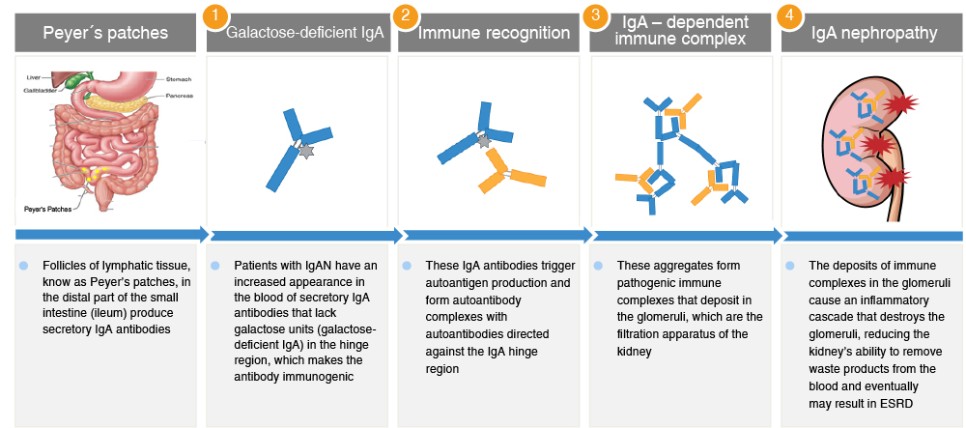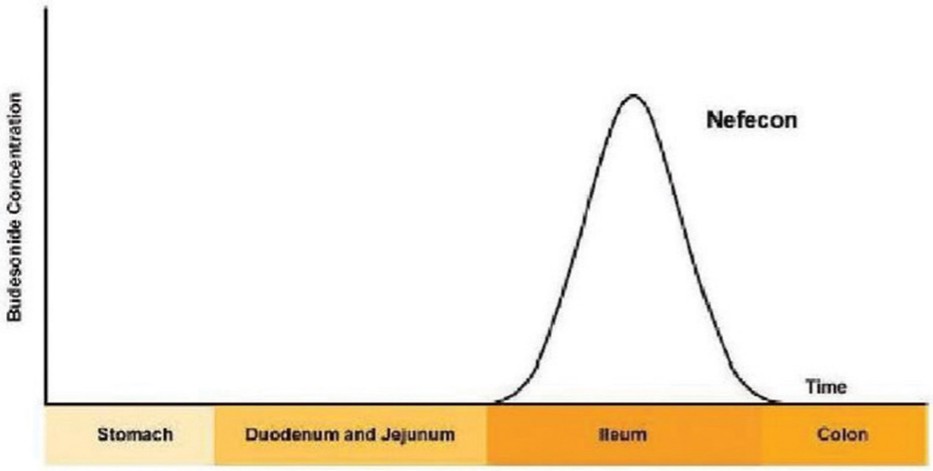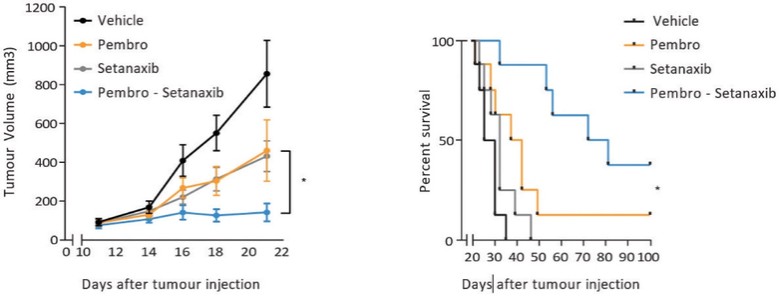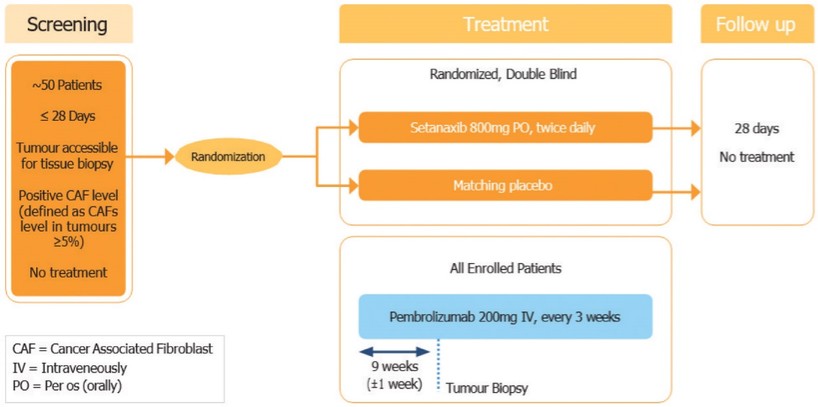All of these changes could increase our costs and otherwise adversely affect our business. Any delay in obtaining, or an inability to obtain, any marketing approvals for our product candidates, as a result of Brexit or otherwise, would prevent us from commercializing our product candidates in the UK or the EU and restrict our ability to generate revenue and achieve and sustain profitability. In addition, we may be required to pay taxes or duties or be subjected to other hurdles in connection with the importation of our product candidates into the EU. If any of these outcomes occur, we may be forced to restrict or delay efforts to seek regulatory approval in the UK or the EU for our product candidates, or incur significant additional expenses to operate our business, which could significantly and materially harm or delay our ability to generate revenues or achieve profitability of our business. Any further changes in international trade, tariff and import/export regulations as a result of Brexit or otherwise may impose unexpected duty costs or other non-tariff barriers on us. These developments, or the perception that any of them could occur, may significantly reduce global trade and, in particular, trade between the impacted nations and the UK.
Exchange rate fluctuations may materially affect our results of operations and financial condition.
Due to the international scope of our operations, our assets, earnings and cash flows are affected by fluctuations in the exchange rates of several currencies, particularly the Swedish Krona, the US dollar, the Swiss franc and the Euro. The functional currency of Calliditas Therapeutics AB and our consolidated subsidiaries is the Swedish Krona and a significant portion of our operating expenses are paid in Swedish Krona and Swiss francs. The operating currency of our French and Swiss subsidiaries is the Swiss franc.
Additionally, although we are based primarily in Sweden, we may receive payments from our business partners in US dollars and Euros, and we regularly acquire services, consumables and materials in US dollars and Euros. Further, potential future revenue may be derived from the United States, countries within the Euro zone and various other countries around the world. These future revenues may also be affected by fluctuations in foreign exchange rates which may, in turn, have a significant impact on our results of operations and cash flows from period to period. As a result, to the extent we continue our expansion on a global basis, we expect that increasing portions of our revenue, cost of revenue, assets and liabilities will be affected by fluctuations in currency valuations. We may, therefore, experience economic loss and a negative impact on earnings or net assets solely as a result of currency exchange rate fluctuations.
If our information technology systems or data, or those of third parties upon which we rely, are or were compromised, we could experience adverse consequences resulting from such compromise, including but not limited to regulatory investigations or actions, litigation, fines and penalties, disruptions of our business operations, reputational harm, loss of revenue or profits, and other adverse consequences.
In the ordinary course of our business, we may collect, receive, store, process, generate, use, transfer, disclose, make accessible, protect, secure, dispose of, transmit, and share (collectively, processing) proprietary, confidential, and sensitive data, including personal data (such as health-related data), intellectual property, and trade secrets (collectively, sensitive information). We may rely upon third-party service providers and technologies to operate critical business systems to process sensitive information in a variety of contexts, including, without limitation, third-party providers of cloud-based infrastructure, encryption and authentication technology, employee email, content delivery to customers, quality assurance, medical affairs and pharmaceutical promotion compliance tools and other functions. Our ability to monitor these third parties’ information security practices is limited, and these third parties may not have adequate information security measures in place. We may share or receive sensitive information with or from third parties.
Cyberattacks, malicious internet-based activity, and online and offline fraud are prevalent and continue to increase. These threats are becoming increasingly difficult to detect. These threats come from a variety of sources, including traditional computer “hackers,” threat actors, “hacktivists,” organized criminal threat actors, personnel (such as through theft or misuse), sophisticated nation states, and nation-state-supported actors. Some actors now engage and are expected to continue to engage in cyber-attacks, including without limitation nation-state actors for geopolitical reasons and in conjunction with military conflicts and defense activities. During times of war and other major conflicts, we and the third parties upon which we rely may be vulnerable to a heightened risk of these attacks, including cyber-attacks, that could materially disrupt our systems and operations, supply chain, and ability to produce, sell and distribute our goods and services. For example, we have operations and third parties upon which we rely to support our business located in unstable regions and regions experiencing (or expected to experience) geopolitical or other conflicts, including the Russia-Ukraine military conflict. We and the third parties upon which we rely may be subject to a variety of evolving threats, including but not limited to social-engineering attacks (including through phishing attacks), malicious code (such as viruses and worms), malware (including as a result of advanced persistent threat intrusions), denial-of-service attacks (such as credential stuffing), personnel misconduct or error, ransomware attacks, supply-chain attacks, software bugs, server malfunctions, software or hardware failures, loss of data or other information technology assets, adware, and telecommunications failures.
